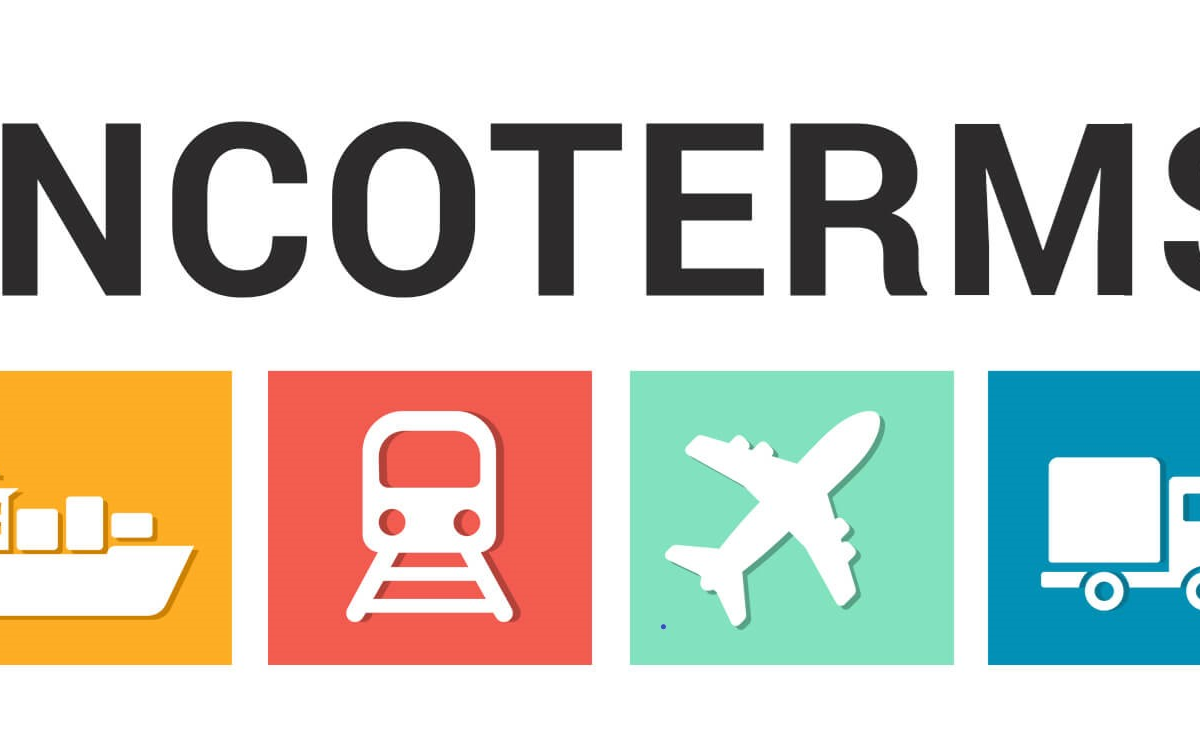
On January 15, 2025, Mexico’s Ministry of Economy made a big change. President Claudia Sheinbaum’s government issued a notice (Oficio No. 400.2025.001). This relaxed some import rules. It affected textiles and apparel. A December 19, 2024, decree had banned certain imports. These were for IMMEX programs. Chapters 61, 62, and 63 of the TIGIE were covered. Subheadings 9404.40 and 9404.90 also applied.
Background: The December 19 Decree
Ban on Temporary Imports: Many textile product types were moved. They went from Annex II, Part C to Annex I of the IMMEX Decree. This stopped them from being temporarily imported under IMMEX. This rule aimed to stop “technical smuggling.” This is when imported goods are not re-exported as required.
Industry Concerns: Many businesses use temporarily imported materials. These are for making goods to export. The decree immediately caused problems. It disrupted supply chains. Costs went up. Job losses were a risk.
Government Reason: Authorities noted big differences. Imported textile amounts did not match exported amounts. This hurt the local industry’s competition.
New Oficio No. 400.2025.001: Partial Exemption
The January 15, 2025, notice gives a partial exemption. It allows some companies to keep importing temporarily under IMMEX. They must meet specific rules:
- Active Certification: Companies need an active tax certification. This is usually for VAT (IVA) and IEPS. They must have no ongoing suspensions or cancellations.
- Direct Inventory Access: Companies must let the SAT (tax authority) see their Annex 24 system. This is an online inventory control system. They must provide usernames, passwords, and user guides.
- Previous Import History: Only goods imported in the last year qualify.
- Application Process: Requests must be emailed to the Ministry of Economy. They must follow a set format. A 15-business-day review period applies. Businesses have 5 days to fix missing papers. Exemptions apply only to future imports.
This temporary exemption is set to expire on July 13, 2025.
Additional Tariffs and U.S. Policy Shifts
Tariffs on 138 Textile Categories: The December 19 decree also added tariffs. These were 15% to 35% on 138 textile types. They remain active until April 2026. The January 15 notice does not affect these.
Future U.S. Policy: New or reinstated tariffs in the U.S. could complicate trade more. Businesses should prepare for changing rules of origin. Stricter customs rules or new duties might impact textiles.
How TradeFlex Group Can Help
TradeFlex Group gives full support to companies. It helps those working in Mexico and the U.S. Key services include:
- IMMEX Compliance & Certification: Assistance with IMMEX rules is provided. It helps maintain VAT (IVA) and IEPS certifications. It also helps prepare, validate, and submit documents. This secures exemptions under the new notice.
- Annex 24 Inventory Control: Technical support is given for inventory systems. This helps set up or improve Annex 24. It ensures smooth, secure access for tax authorities. It also protects compliance.
- Cross-Border Customs Clearance: Expertise in Mexican and U.S. customs rules is offered. This helps efficient clearance processes. It also includes strategies to lessen disruptions. This is for shifting political or regulatory changes.
- Trade Policy Analysis & Risk Management: Developments in both countries are watched. This gives timely alerts on new rules and tariffs. Custom plans help lower risks. They also seize new market chances.
- Strategic Consulting: Advice given for manufacturing and supply chains. This includes evaluating sourcing options. It optimizes supply chains. It also helps comply with changing tariff rules. It advises on best practices to cut costs. It ensures long-term competition.
Final Thoughts
The partial exemption gives relief to qualifying companies. But stopping illegal trade is still a big focus. This means strong compliance is very important. Staying proactive and well-documented helps. Knowing evolving rules helps businesses withstand future policy changes.
For more detailed advice, contact TradeFlex Group. The firm can explore how these changes affect your operations. It guides through complex trade challenges and ensures compliance. It uncovers new opportunities in cross-border commerce.
Written by: Ernesto A. Mendoza TradeFlex Group – Your Partner in Cross-Border Trade and Compliance



